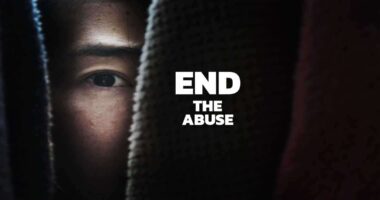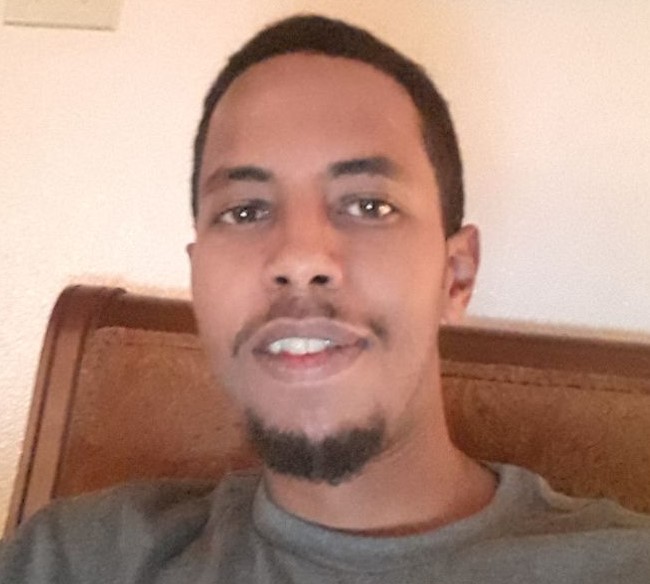Skip to content

Florida Attorney General Ashley Moody is passionate about ending the trafficking of humans in the state. And she thinks those in the state’s gambling industry can help.
During a training webinar last week, the AG explained how Florida casino workers to help stop human trafficking. The Sunshine State is one of the most likely states for it to occur as it currently ranks third in the nation for the issue.
Last month, Jacksonville City Councilmember LeAnna Cumber pointed to human trafficking as a reason why adult game rooms should stay banned in the city.
The AG and Truckers Against Trafficking (TAT) hosted a Florida Bus and Casino Coalition Build Out training program. The program’s goal was to help identify human trafficking and discuss ways state and local law enforcement are addressing the problem.
The virtual event drew more than 150 participants. Co-sponsors included the Florida AG’s Office, TAT, the Florida Department of Transportation, Hard Rock/Seminole Gaming, American Gaming Association, Florida Public Transportation Association and Florida Motorcoach Association.
Moody said casino workers, as well as transportation employees, are in unique positions to help.
“Transportation and casino workers can play a key role in helping rescue trafficking victims. So it’s vital that we provide expert training to make sure they know how to spot and where to report suspicious activity. … There are 17 casinos in Florida among which normal casino-hotel activity can be used to conceal human trafficking.”
Sex and labor are the most prevalent trafficking activities
Human trafficking typically falls into two categories: sex and labor. The more common of the two is sex trafficking. It’s the exploitation of people for sexual means.
Sex traffickers commonly target teenage girls and members of the LGBTQ+ community. Although, cases of young men being trafficked are not atypical.
Labor trafficking is less prevalent than sex but remains a serious issue. This trafficking deals primarily with migrant workers, who are duped into forced labor by fraudulent means. Industries notorious for interacting with labor-trafficked victims are agriculture, domestic work (e.g. nannies and cleaners), construction, and textile and apparel manufacturing.
Anyone can be a mark for traffickers, but they generally prey on those with economic hardships or who come from unstable or abusive homes. Those with mental issues, substance addictions, gambling debts and other desperate situations can also fall prey to traffickers.
While most victims are local, many come from abroad. Handlers immediately confiscate their documents so that victims find themselves in a foreign country with no form of identification and are cut off from family and friends.
Florida is a haven for human trafficking
Florida Statute 787.06, subsection 2d, defines human trafficking as “transporting, soliciting, recruiting, harboring, providing, enticing, maintaining, purchasing, patronizing, procuring or obtaining another person for the purpose of exploitation of that person.”
Figures clearly show Florida’s struggle with human trafficking. In 2019, there were more than 11,000 cases of human trafficking nationwide. Florida accounted for about 900 of those cases. Even though these numbers seem high, they’re probably only a fraction of the real cases due to chronic underreporting.
Tampa, known for its pristine beaches and cigar factories, is the 12th worst city in the US for human trafficking.
One reason human traffickers like Florida is that the state has a largely agricultural economy and a sizable immigrant population. This fosters an opportunity for the propagation of forced sex and labor trafficking.
Task force has produced guide for casino workers
In a concerted effort to tackle the problem, the American Gaming Association commissioned a new task force that has already released its AGA human trafficking guide.
This guide can help not only casino workers but also patrons who visit casinos. In the guide, the AGA explains how to identify, prevent and report human trafficking in gaming establishments.
Human trafficking a global crime with local solutions
Annie Sovcik with TAT pointed out during the program that “human trafficking is a global crime, but fighting it effectively required a local strategy.” She also talked about successful public-private partnerships created to tackle the challenge.
FDOT has started a program to educate its employees, partners and the general public about the signs of human trafficking. Bus drivers are in a good position to make a difference. Human traffickers frequent bus terminals and bus stops in search of victims.
During the program, Moody said trained transportation employees are vital to stopping trafficking.
“Bus drivers and station employees who are properly trained to spot suspicious activity could alert law enforcement and save lives.”
Last week’s event was a follow-up to the Florida Department of Highway Safety and Motor Vehicles’ Highway Heroes initiative. That program trained more than 6,400 drivers to spot and report suspected human trafficking.
How you can help
On Oct. 4, the state will hold the 2022 Human Trafficking Summit virtually at www.humantrafficksummit.com. Officials encourage the public to register.
Call 1-800 96 ABUSE (1-800-962-2873) to report any form of known or suspected abuse, neglect, abandonment or exploitation of either a child or a vulnerable adult.
YouCanStopHT.com is a website to help Floridians identify and report human trafficking.
The public can also contact the National Human Trafficking Hotline at 1-888-373-7888 and can learn more here.
Victims and survivors of human trafficking or those looking to help them can text HELP to 233733.
Photo by Shutterstock




